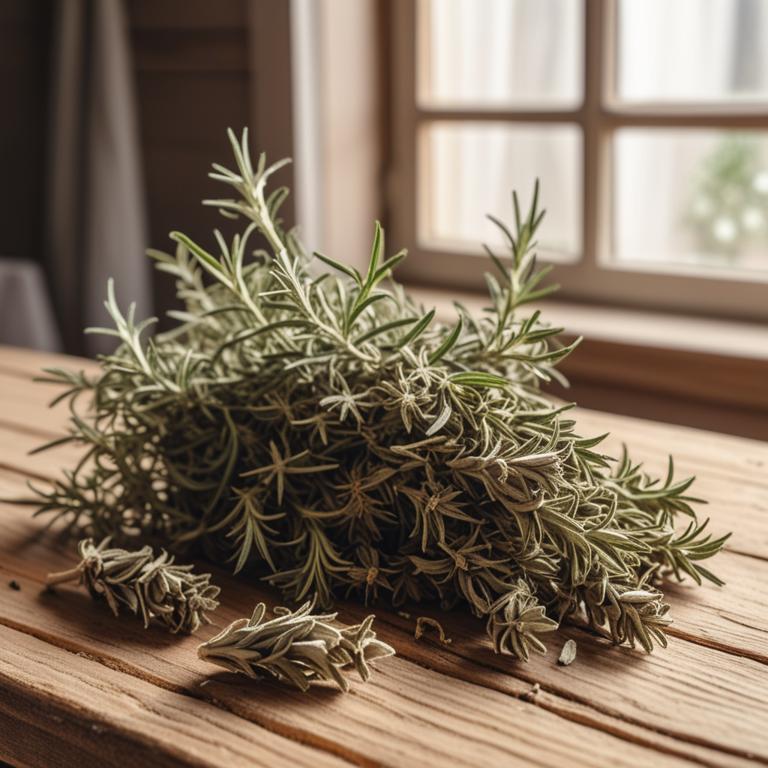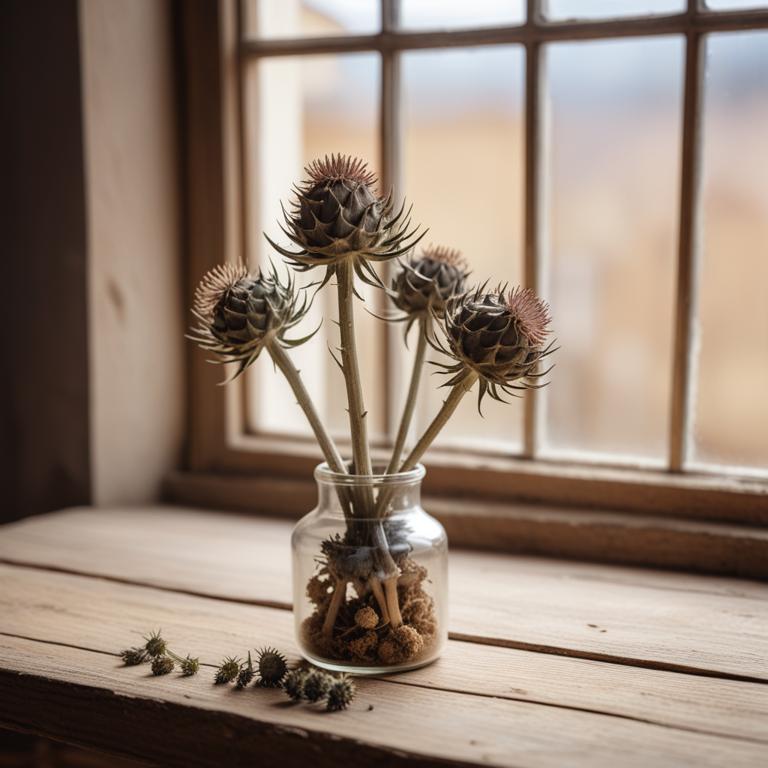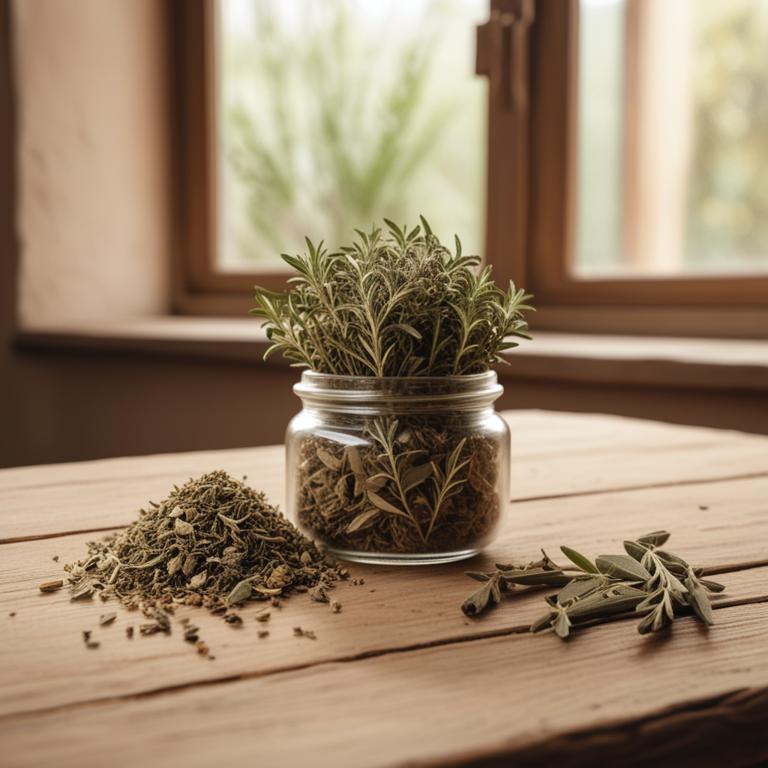Updated: Dec 1, 2024
Sunburn Treatment Options: Medicinal Herbs, Herbal Preparations, and Natural Remedies
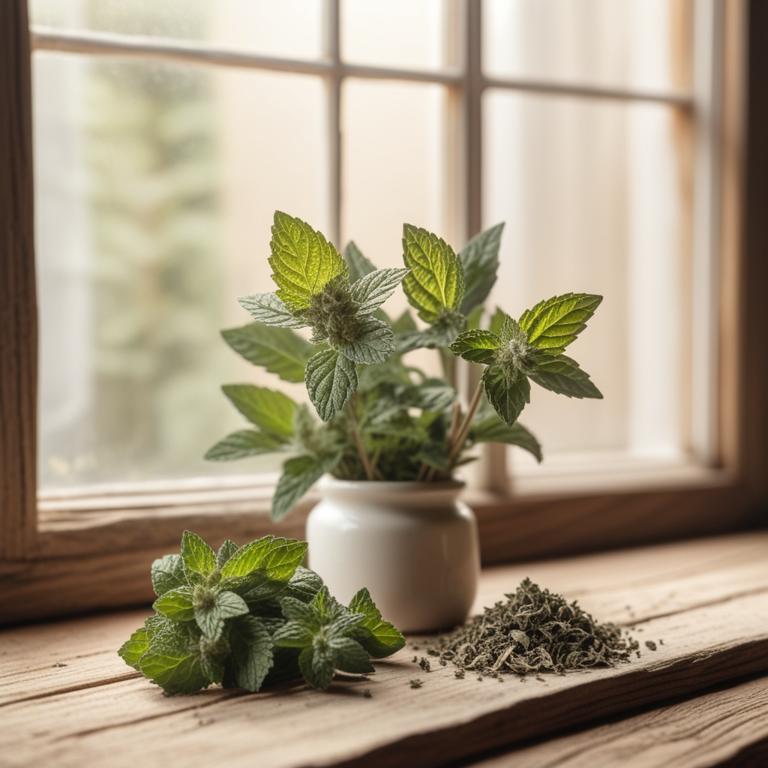
Sunburn is a common problem that can make your life uncomfortable for a while.
When your skin gets too much sun, it gets red, sore, and even blistered. This can make you feel hot, swollen, and painful, and even make it hard to do everyday things. Sunburn happens when your skin gets exposed to too much ultraviolet (UV) radiation from the sun, which can be through spending too much time outside, especially during peak sun hours, or not using enough sun protection. Using herbal remedies can help soothe and heal sunburned skin.
Aloe vera is a popular herb used to calm and cool sunburned skin. It has anti-inflammatory properties that can help reduce redness and swelling. Other herbs like calendula and chamomile can also help ease the discomfort of sunburn. These herbs can be used in different preparations to help heal sunburn. For example, you can make a tea by steeping dried calendula flowers in hot water, or apply aloe vera gel directly to the affected skin.
You can also mix aloe vera with other herbs to create a soothing cream or lotion that can be applied to sunburned areas.
Table of Contents
What factors lead to sunburn?
The main causes of sunburn are several factors that work together to damage your skin.
One of the main causes is UV Radiation, which is the sun's ultraviolet rays. When these rays hit your skin, they cause damage to the skin cells, leading to sunburn. UV Radiation is strongest near the equator and during peak sun hours between 10am and 4pm. Another cause is Skin Type - if you have fair or sensitive skin, you're more likely to get sunburned. This is because your skin doesn't have enough melanin, the pigment that protects your skin from the sun's rays.
People with darker skin have more melanin, which makes them less prone to sunburn. Altitude is also a factor - when you're at high altitudes, the sun's rays are stronger because the air is thinner. This means that even if it's not sunny, the sun's rays can still cause damage to your skin. Finally, Tanning Beds are another cause of sunburn. These beds emit UV Radiation, which is the same type of radiation that causes sunburn from the sun. Using tanning beds can increase your risk of sunburn, skin cancer, and premature aging.
These factors can work together to cause sunburn, and it's essential to take precautions to protect your skin from the sun's rays.
What are the benefits of using herbs for sunburn relief?
Using certain herbs can help with sunburn relief.
They can reduce pain and discomfort by soothing the skin and reducing inflammation. Some herbs have antiseptic properties that prevent infections and promote healing.
They can also help to calm redness and itching caused by sunburn. Applying a cooled compress made from these herbs can help to bring down the temperature of the skin, providing instant relief.
Additionally, some herbs have antioxidant properties that help to protect the skin from further damage caused by UV rays, which can reduce the risk of long-term skin damage and even skin cancer.
What are the primary medicinal herbs for treating sunburn?
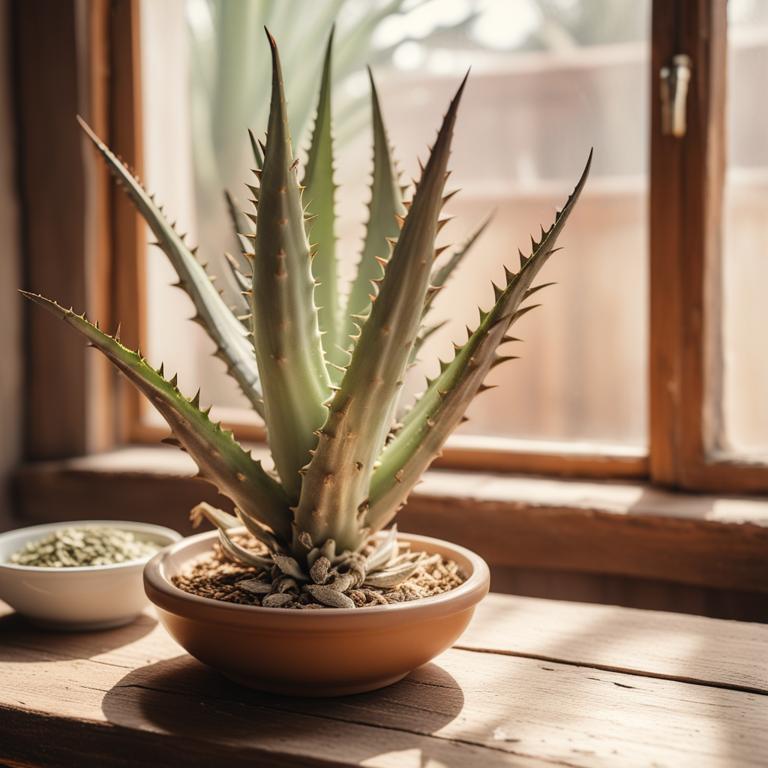
When you get sunburned, your skin is in trouble - it's red, sore, and may even blister.
But don't worry, nature has some amazing remedies that can help soothe and heal your skin. Aloe barbadensis, also known as aloe vera, is a superstar when it comes to sunburn relief. Its gel is cooling, moisturizing, and has anti-inflammatory properties that can calm down the redness and pain. Another herb that's great for sunburn is Calendula officinalis, or marigold. It has antiseptic and anti-inflammatory properties that help prevent infection and reduce swelling.
Hypericum perforatum, or St. John's Wort, has been used for centuries to treat wounds and skin irritations. Its anti-inflammatory and antioxidant properties can help reduce redness and promote healing. Melaleuca alternifolia, or tea tree oil, is another natural remedy that's great for sunburn. Its antibacterial properties can help prevent infection and promote healing, while its anti-inflammatory properties can reduce redness and pain. And finally, Arnica montana is a natural pain reliever that can help soothe sore skin. Its anti-inflammatory properties can reduce redness and swelling, while its analgesic properties can help ease pain.
These herbs can be applied topically as a gel, cream, or oil, and can be used in combination with other natural remedies to help your skin heal and feel better.
What herbal treatments are often used to alleviate sunburn?
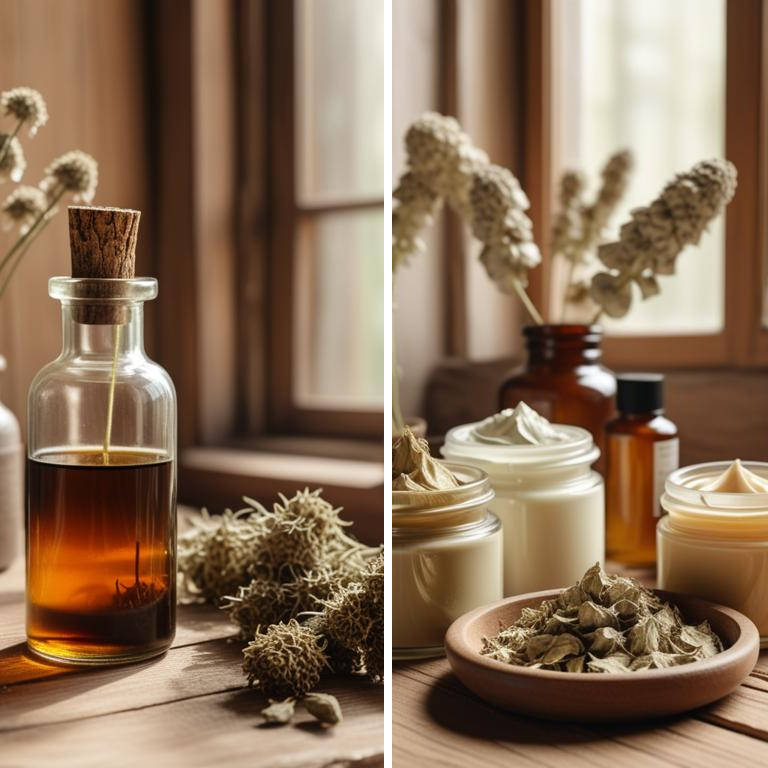
When you get a sunburn, it's not just about pain and discomfort - your skin is actually damaged, making it more vulnerable to infection and longer healing times.
Herbal preparations can help alleviate these issues. Aloe tincture can be applied topically to soothe sunburned skin and reduce inflammation. Aloe vera has anti-inflammatory properties that can help calm your skin and reduce redness. A decoction, which is a liquid extract made from boiling herbs, can be used to create a cooling compress to apply to sunburned skin.
This can help to reduce heat and ease discomfort. Herbal ointments, creams, and gels can also be effective in treating sunburn. These preparations can be applied directly to the affected area to lock in moisture, reduce inflammation, and promote healing. Some ointments contain soothing herbs like calendula or chamomile, which can help to calm and protect your skin. For instance, an aloe-based cream can be applied to the affected area to help reduce redness and promote healing.
Similarly, a gel made from herbs like aloe or cucumber can be applied to cool the skin and reduce discomfort.
Additional Resources:
What herbs are not recommended for people with sunburn?
If you have sunburn, there are some herbs you should avoid using.
Ginkgo biloba can make your skin more sensitive, which can make sunburn even more painful. Ephedra sinica can increase blood pressure and heart rate, which can be a problem if you're already feeling overheated from a sunburn.
Glycyrrhiza glabra can cause your body to retain water, leading to swelling and discomfort in sunburned skin. Sambucus nigra can also cause allergic reactions, which can be a concern if you're already dealing with sunburn. Ruta graveolens can be particularly problematic because it can cause photosensitivity, making your skin even more sensitive to the sun, which can make sunburn worse.
This is especially concerning if you're trying to heal from a sunburn, as using these herbs can make the situation worse and prolong the healing process.
FAQ
Are there any specific herbs that can prevent sunburn?
Some herbs can help protect your skin from sunburn.
For example, aloe vera has soothing properties that can calm burned skin. Turmeric contains a compound that can block UV rays. And calendula has anti-inflammatory properties that can help reduce redness and swelling.
Using these herbs in your skincare routine may help prevent sunburn.
Is it safe to use herbal remedies for sunburn during pregnancy?
If you're pregnant and have sunburn, some herbal remedies might seem like a good idea.
However, it's best to be cautious. Certain herbs can stimulate the uterus or affect blood flow, which isn't safe during pregnancy.
Aloe vera gel is sometimes used, but it's essential to choose a product that's free from other ingredients.
Are there any herbs that can reduce the frequency of sunburn?
Some herbs may help reduce the frequency of sunburn.
For example, aloe vera and chamomile have anti-inflammatory properties that can soothe sunburned skin.
These herbs can also protect the skin from damage by neutralizing free radicals.
Related Articles
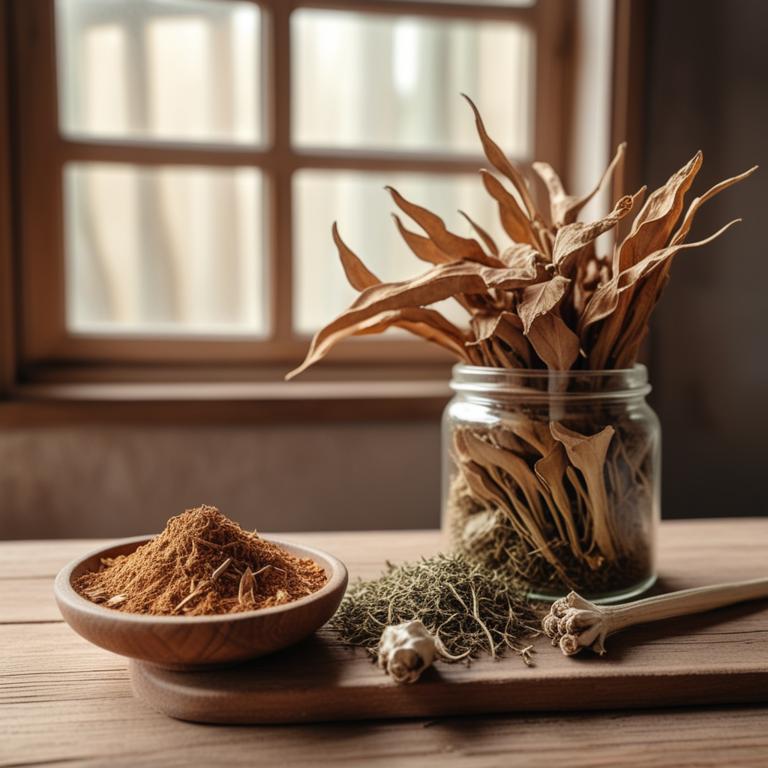
Cold Sore: Understanding Causes, Medicinal Herbs, and Natural Remedies for Relief

Dry Skin Relief: Understanding Causes and Herbal Preparations
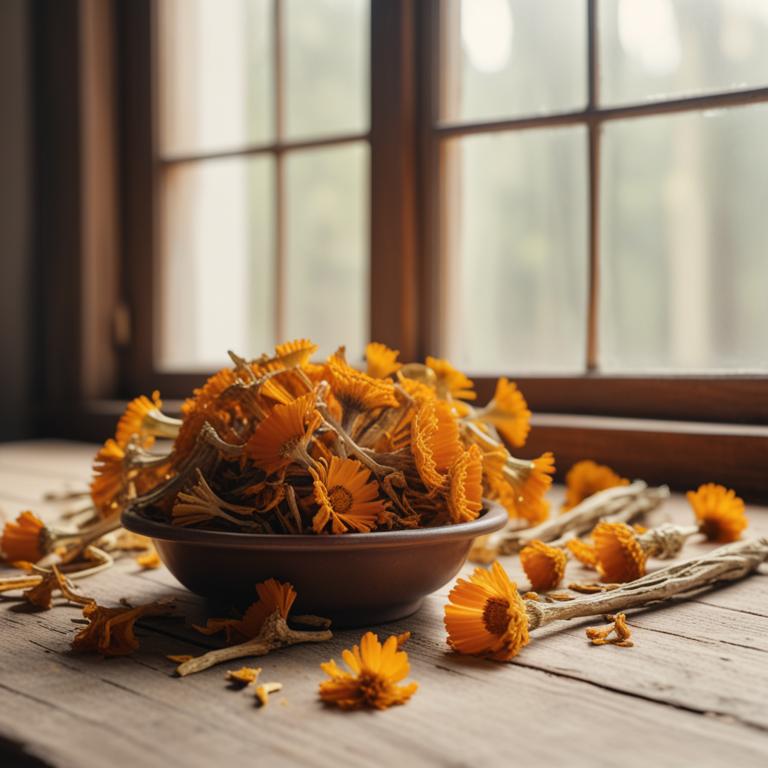
Itchy Ears: Causes and Homeopathic Solutions Using Medicinal Herbs
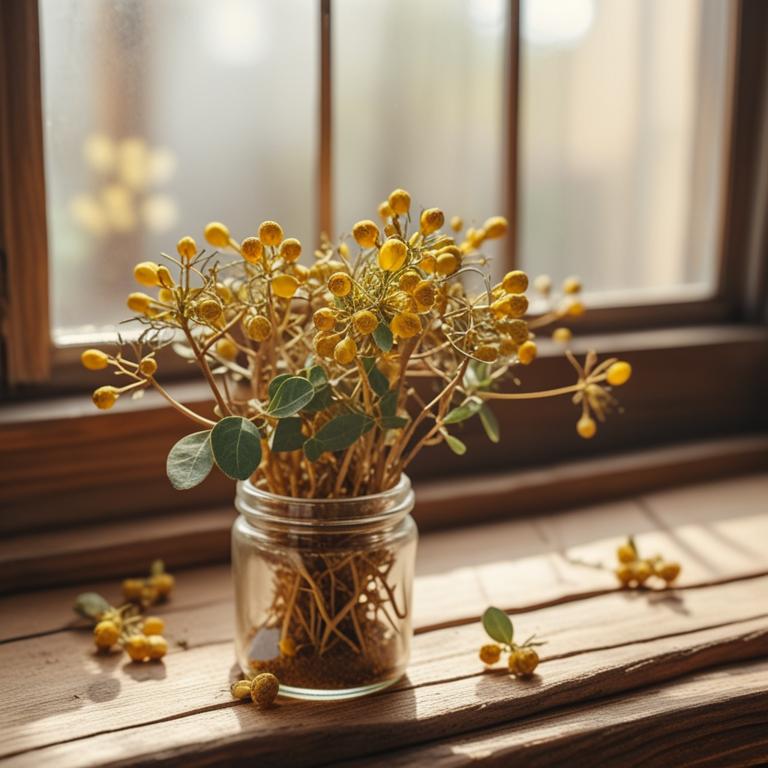
Natural Dermatitis Treatment: Causes and Medicinal Herbs
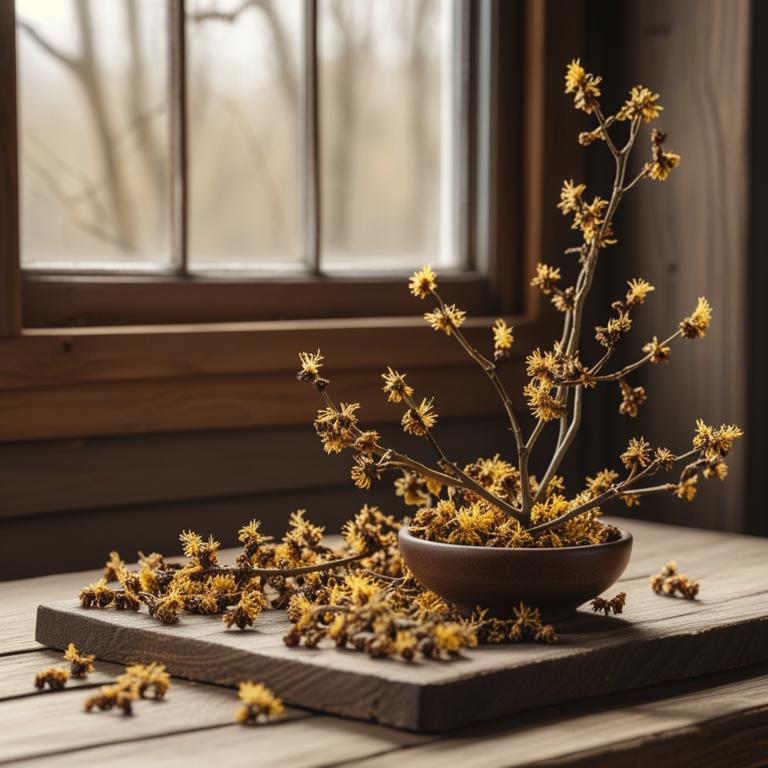
Bruises: Causes, Symptoms, and Herbal Preparations for Relief
